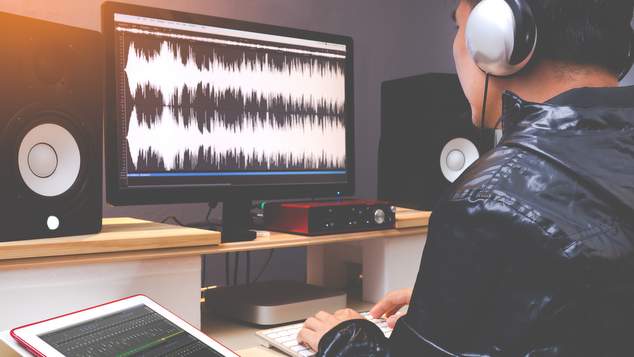
Everywhere we go we’re surrounded by computerised voices. From our phones to in store announcements, navigation systems and online virtual assistants. Overwhelmingly these voices are female.
Amazon tested many voices for their Alexa virtual home assistant before deciding to give the device a female personality. A spokesperson for the company told PC Mag that they came to the decision to go with a female voice after exhaustive market research.
“We tested many voices with our internal beta program and customers before launching and this voice tested best,” a representative for the company said.
While Apple’s Siri has options for both a male or female voice it is set by default in most regions to the female voice. Researchers have argued that the human brain finds female voices more pleasing than male voices.
Stanford University Professor Clifford Nass, author of “The Man Who Lied to His Laptop: What Machines Teach Us About Human Relationships, commented on the phenomena back in 2011 in an interview with CNN.
“It’s much easier to find a female voice that everyone likes than a male voice that everyone likes,” Professor Nass said, “It’s a well-established phenomenon that the human brain is developed to like female voices.”
Now Copenhagen Pride and Virtue, the creative agency born from Vice, have announced the development of the world’s first genderless voice: Q.
They say while the dominance of gendered computerised voices might appear as an unalarming practice, it actually perpetuates harmful gender stereotypes, excludes non-binary individuals, and regresses the world’s progression on the perception of gender.
They hope Q will be the next step toward ending gender bias and fostering more inclusivity in voice technology.
They say when it comes to electronic voices a male voice is used in more authoritative roles, such as banking and insurance apps, and a female voice in more service oriented roles, such as Alexa or Siri.
With the launch of Q, VIRTUE and Copenhagen Pride hope that consumers and major tech companies will recognize this issue and acknowledge Q as a potential solution.
Ryan Sherman and Emil Asmussen from Virtue Nordics, the creative team behind Q, say new technology should be looking to the future.
“Technology should be rooted in new cultural truths, rather than antiquated ones. Using data and insights from our global VICE network, we identified a unique opportunity to progress a medium of technology becoming more pervasive in our everyday lives. Q represents not the voice of one, but the voice of many who are fighting for a future inclusive of everyone.”
The team at Virtue collaborated with Anna Jørgensen, Linguist and researcher at the University of Copenhagen, to define the parameters for a gender neutral voice through her academic research and consultation.
To start, five voices were recorded that do not fit within male or female binaries. Using specific voice modulation software, the voices were moved into the gender neutral range that was defined through the research. The modulated voices were tested on a Europe-wide survey with over 4600 people, asking participants to rate the voice on a scale of 1 (male) to 5 (female). Finally the voice was modulated and tested again until the voice was perceived as gender neutral.
Julie Carpenter, a Human and Robot Interaction Researcher, who’s been involved as expert consulting on the project says there is an important to discussion to had regarding gender in technology.
“Q adds to a global discussion about who is designing gendered technology, why those choices are made, and how people feed into expectations about things like trustworthiness, intelligence, and reliability of a technology based on cultural biases rooted in their belief system about groups of people. Q is a step forward in true innovation because it forces a critical examination of these belief systems.” Carpernet said.
Head to their website to hear what a genderless voice sounds like.
OIP Staff






